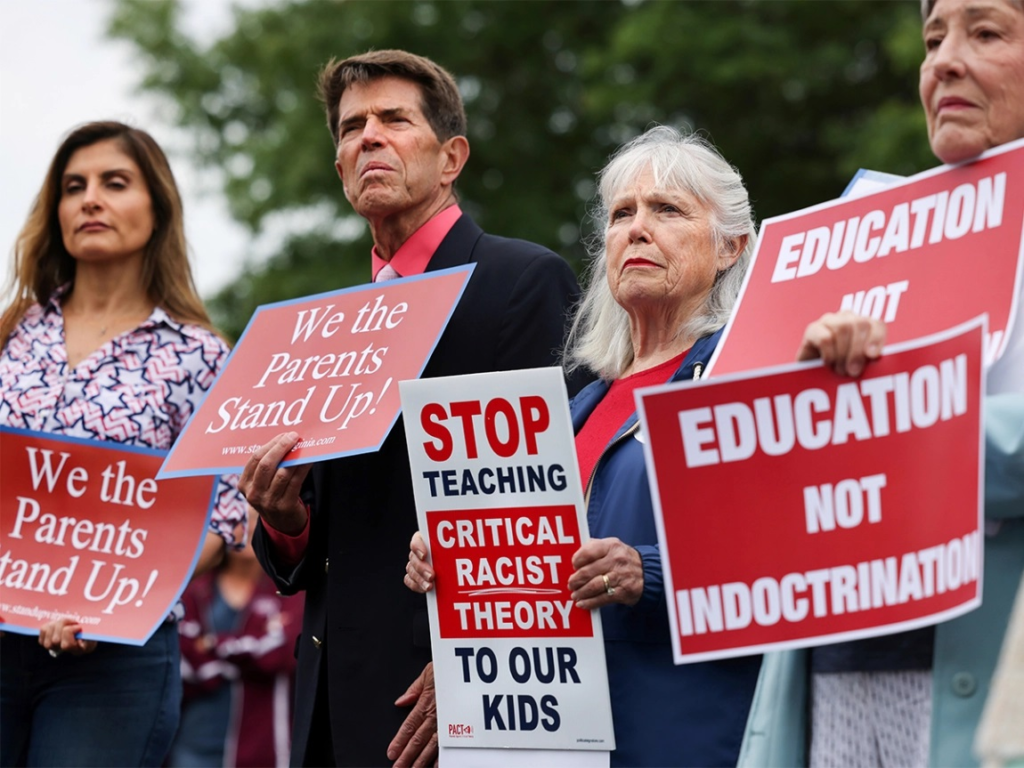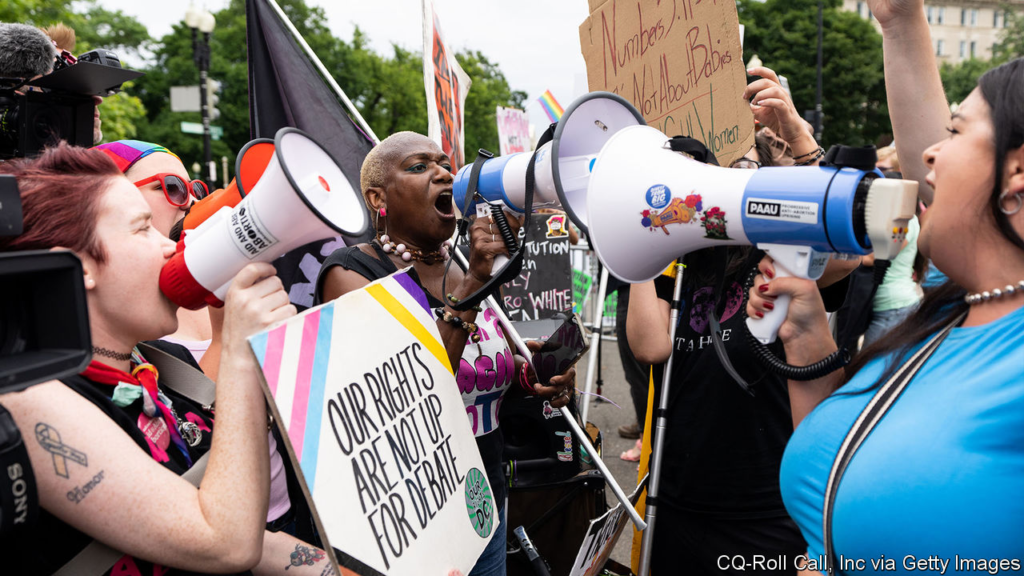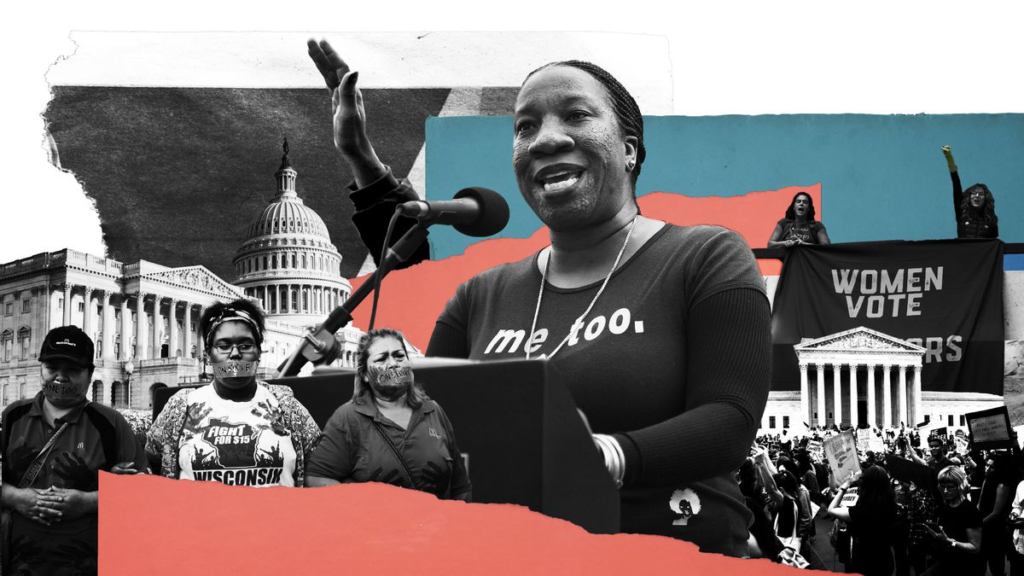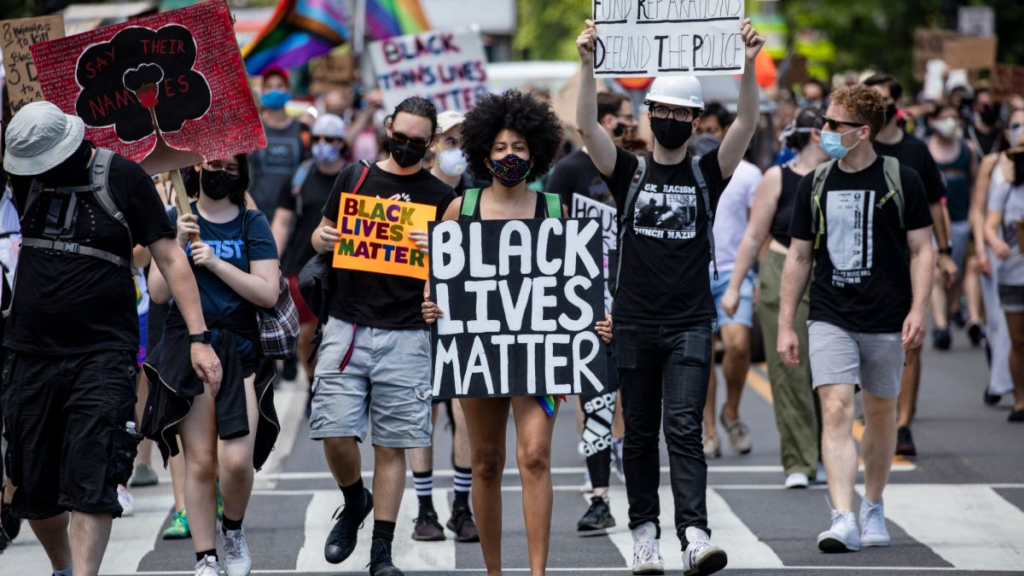
Identity politics is where people of a particular race, nationality, sexual orientation, religion, gender, social class, etc. develop political agendas based on these factors. Whilst it can be a positive thing, like empowering certain excluded communities and promoting social justice for them, it can also have the opposite effect, increasing tribalism and dividing other communities on these issues, creating what is now known as ‘culture wars’.

Culture wars are cultural conflicts between different social groups and the struggle for dominance in values, practices, and beliefs, often occurring in widely multicultural countries. They also have similar positives and negatives to identity politics, being able to celebrate diversity, while on the other hand increasing polarisation between communities.
These phenomena are both increasingly shaping the way our societies are developing today, with growing awareness toward experiences faced by traditionally marginalised groups or individuals, which has very much shaped how society sees a lot of minority groups as compared to 100 years ago. From what I understand, culture wars are more or less a branch of identity politics, where a debate leads to the protesting of these political issues, such as the #MeToo movement, to more aggressively, and often effectively, convey their message until governments or opposing parties properly take it on board.

The #MeToo movement has raised awareness of sexual assault and harassment, leading to various policy changes and cultural shifts in the way that we think about gender and power in the Western world. It’s sparked a much broader conversation about gender roles and equality and has definitely raised very important questions about the way our legal and governmental systems work. I believe that this movement is most certainly a positive aspect of identity politics’ effect on our societies, creating more safe spaces for people to speak out about their trauma and experiences.

In addition, the Black Lives Matter (BLM) movement rose from the African American community’s frustrations with ongoing police brutality and widespread systemic racism, highlighting issues that were long ignored in mainstream politics, and spurring important conversations about police reform, social inequality, and racial justice.
However, this is where the negative effects of tribalism within culture wars take place. When different groups define themselves primarily in terms of identity by political views, they often become unwilling to see other perspectives and don’t want to engage in compromises or other meaningful dialogue. A prime example of this stems from the ‘White Lives Matter’ movement, a retaliation to BLM as a white supremacist worldview to suppress their message.

Overall, while both identity politics and culture wars have their positives, it is important to recognise the dangers that tribalism and division can pose. In order to build a more just and equal society, ways to balance the promotion of individual rights and interests with the interest of common good and inclusion need to be found, rather than retreating into our own communities and refusing to branch out and engage with others.
Sources:
https://plato.stanford.edu/entries/identity-politics/
https://en.wikipedia.org/wiki/Identity_politics
https://publicseminar.org/essays/identity-politics/
https://blacklivesmatter.com/about/
https://www.adl.org/resources/hate-symbol/white-lives-matter
